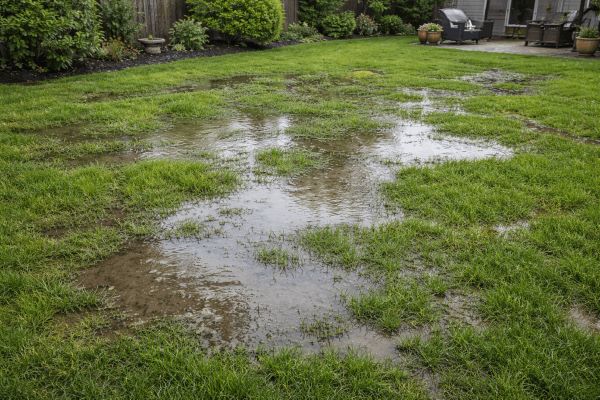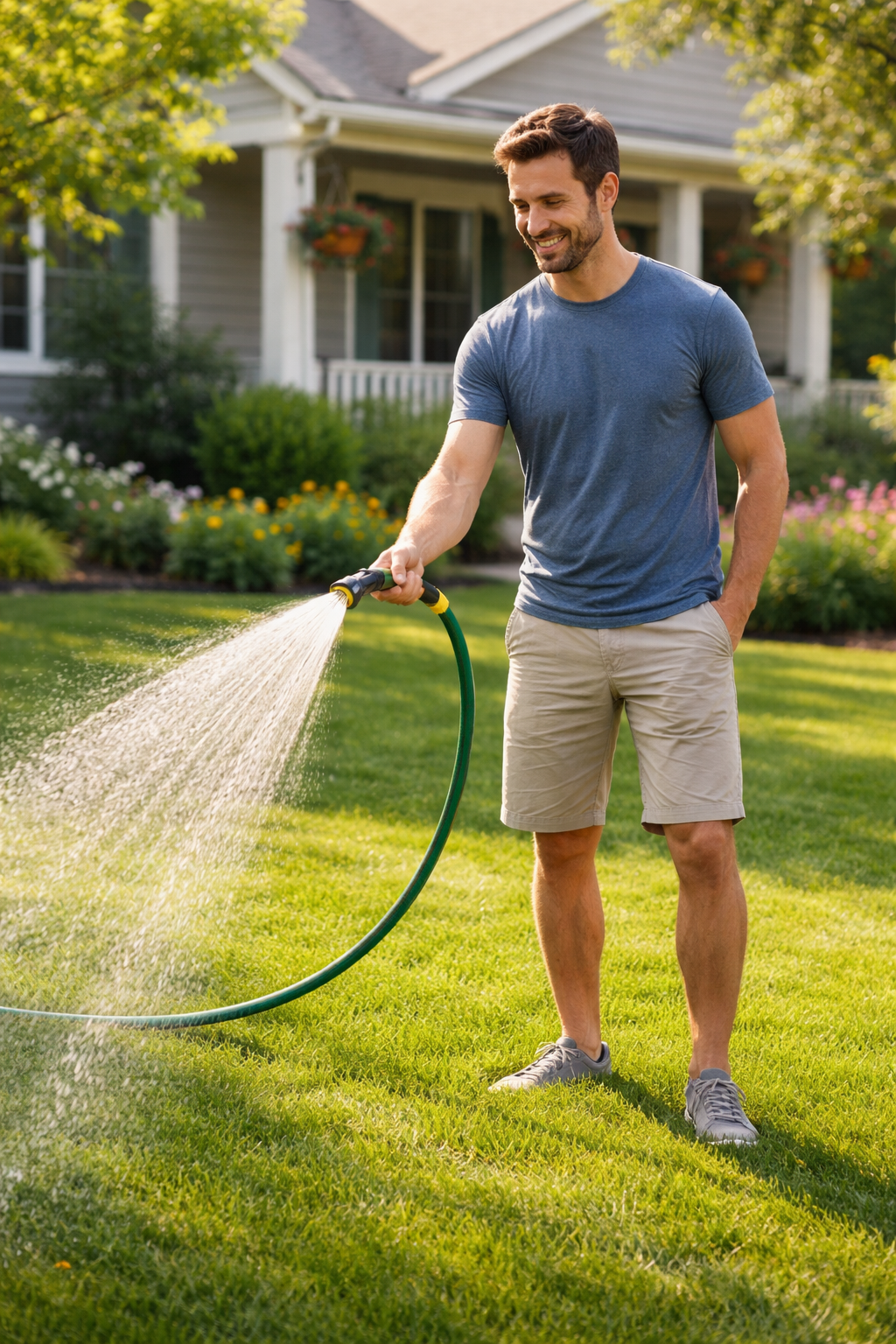Snow Plowing, De-Icing, Pruning & More — Reserve Your Winter Services

As spring settles in and lawns around Washington turn green again, many homeowners wonder, “How often should you fertilize your lawn for optimal growth?”
The answer may depend on a few factors specific to your lawn, so it’s always wise to consult with professionals who provide lawn care in Moses Lake, WA. If you’re having trouble with grass, professional landscapers will advise you on the best approach for your lawn's individual sunlight exposure, terrain, and average rainfall.
For normal lawns, some general tips can take the guesswork out of your lawn fertilization schedule. First, it’s helpful to understand a bit about grass nutrient needs and the importance of fertilizer application timing.
Plants require three main nutrients for healthy growth: nitrogen, phosphorus, and potassium (often abbreviated as NPK). Each nutrient assists the plant with different parts of its development, and nitrogen is responsible for leafy growth, so grass fertilizers always have the highest N rating.
Applying enough fertilizer ensures your lawn stays healthy and green, and doing it at the right time keeps you from wasting money by feeding dormant grass.
So, how often should you fertilize your lawn? Most experts recommend fertilizing twice a year for optimal grass growth.
The timing of seasonal lawn care will depend on whether a lawn features warm-season or cool-season grasses. Warm-season species such as Bermuda and St. Augustine grass grow actively in the warmer months. Following the natural lawn growth cycle means fertilizing about six weeks after the last frost and again in late summer or early fall to replenish the grass’s energy levels.
For cool-season varieties such as Kentucky bluegrass or finefescue, fertilization should occur in the late spring before the summer heat and again in early to mid-fall.
Most fertilization guides recommend using granular slow-release fertilizer for the first feeding to optimize soil nutrient levels all season. A water-soluble liquid fertilizer high in nitrogen is a better choice for late-season energy boosts.
The goal of the first fertilization is to encourage lasting root and leaf growth throughout the growing season. The second application replenishes energy and winterizes the grass by encouraging it to grow fuller and preventing winter weeds from taking over.
Whenever you fertilize, it’s important that the grass also receives adequate water through rainfall or manual watering. It’s best to take advantage of spring’s natural increase in rain rather than wasting your water bill on a sprinkler, as fertilizer requires a lot of consistent moisture to work.
Organic fertilizers keep your grass healthy without compromising soil health. Simple options include nitrogen-rich liquid emulsions mixed with water and applied to the grass, as well as mulched grass clippings used to feed the lawn before winter.
Organic lawns tend to be less maintenance-intensive than synthetically fertilized ones, but they may not have the same pristine, highly manicured appearance that synthetic products can achieve.
You may be wondering: “How often can you fertilize your lawn before it becomes too much?” As with many parts of life, too much of a good thing damages your lawn. While fertilization is important, overdoing it can cause burned leaves, patchy areas, stunted or excessive growth, and pest infestations.
It’s best to employ a flexible schedule to know how often and how much to fertilize. Be ready to adapt as the climate dictates, and if drought occurs, it’s better to shift planned fertilization until after the next rainfall.
For the best results, consult Tatum Lawn Careabout the best fertilization approach for your lawn’s unique needs. Our team can help you address patchiness, overgrowth, and weed intrusions. Let us help determine how often you can fertilize your lawn and provide you with lawn care tips to keep your yard thriving throughout the year
Discover valuable tips, expert advice, and industry insights on commercial cleaning, floor care, and creating a healthier, more productive space. Stay informed with our latest posts!
See All Blogs

